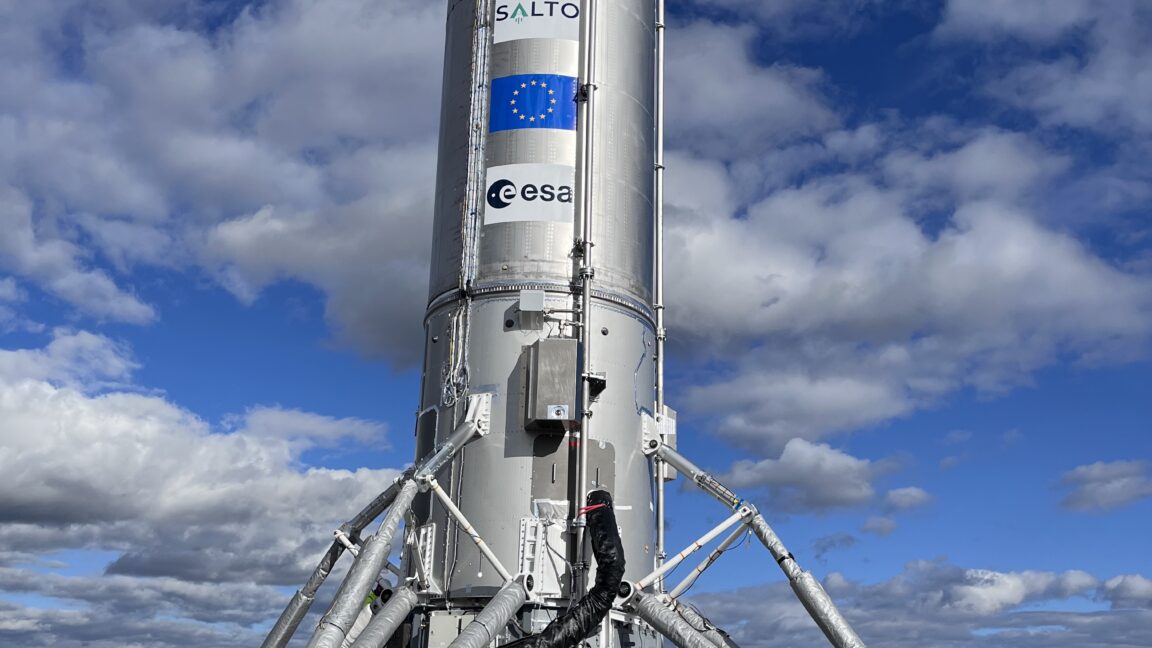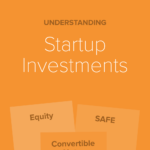Europe’s Reusable Rocket Program Gains Momentum with Recent Developments

After years of cautious progress, Europe’s reusable rocket initiative is beginning to show promising advancements. Once characterized by slow development, the European Space Agency (ESA) and its industry partners are now making tangible strides toward operational reusability.
This week, ArianeGroup, the leading aerospace manufacturer based in France, announced a significant milestone: the integration of the Themis prototype rocket onto a launch pad in Sweden. The Themis vehicle is designed to test key landing technologies crucial for developing reusable first stages that can land vertically after launching satellites into orbit.
Preparations are underway for low-altitude hop tests, which are expected to commence late this year or early next. These tests will simulate the descent and landing phases, providing critical data to refine landing procedures and enhance safety. The successful completion of these tests could mark a turning point in Europe’s efforts to compete with industry leaders in reusable launch technology.
ArianeGroup emphasized that this milestone initiates a phase of “combined testing,” where the interface between Themis and the launch pad’s mechanical, electrical, and fluid systems will be rigorously examined. The upcoming tests will also include cryogenic conditions, essential for understanding how the systems perform under real launch scenarios. These developments align with global trends in space launch innovation, where reusability is becoming a key factor for cost reduction and operational flexibility.
For more detailed information on reusable rocket technology and ongoing European space projects, consult resources like the European Space Agency’s official website or industry-specific technical journals.



